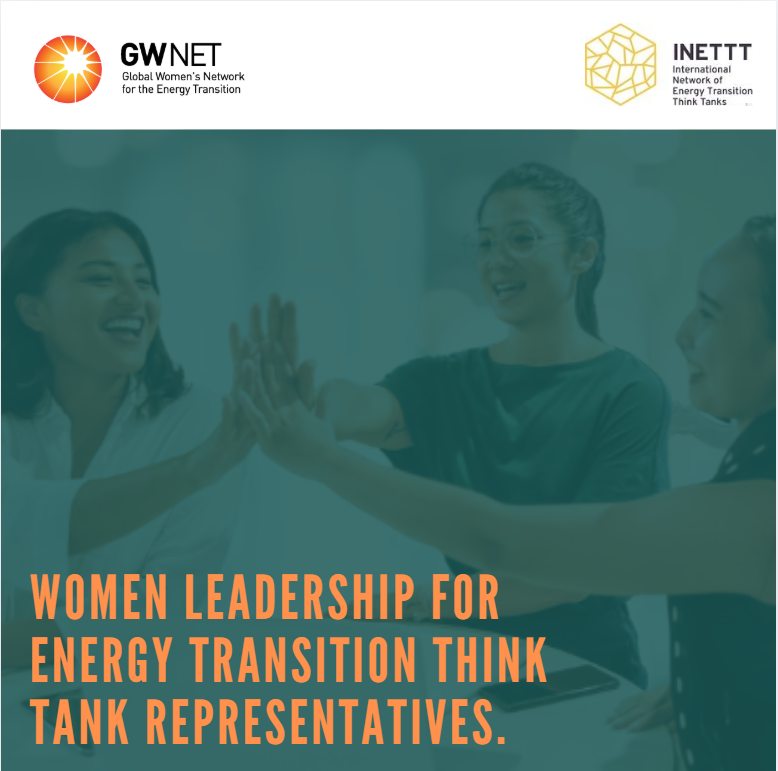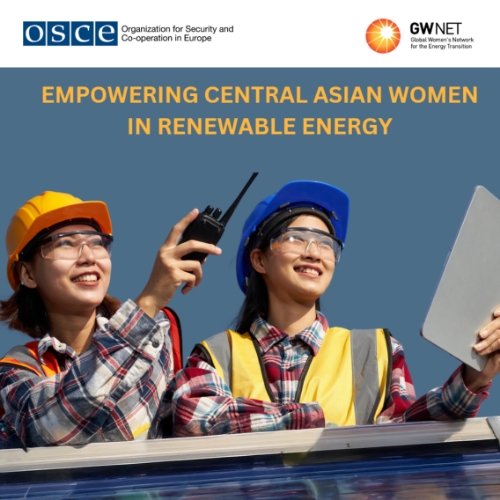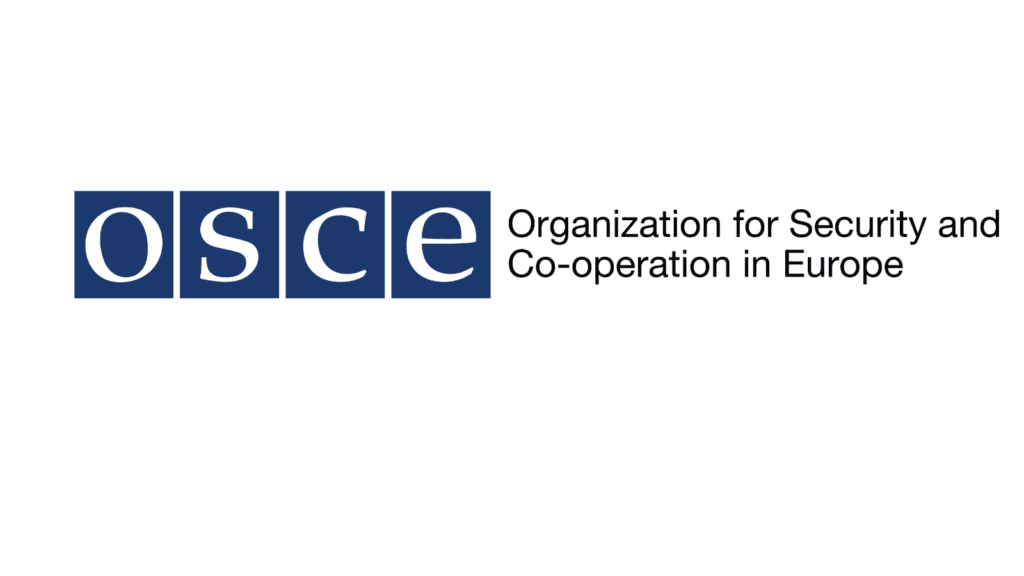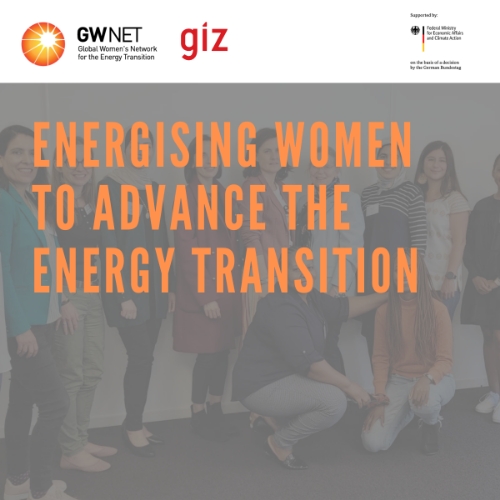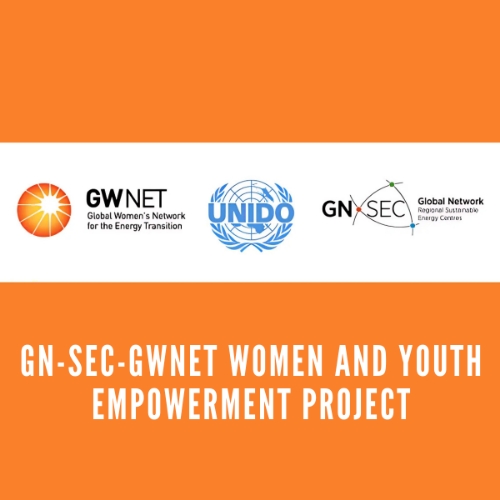The project has launched two editions of a 12-month mentoring programme, which targets mid-career women professionals in advancing their leadership potential in the energy sector. The initiative is open to women with 2–8 years of experience in the energy sector, who are committed to promoting the energy transition in their country or region. Candidates must be nationals of one of the following nations: Kazakhstan, Kyrgyzstan, Tajikistan, Turkmenistan, and Uzbekistan.
In each edition, the programme engages 30 women professionals from diverse backgrounds, including engineers, researchers, financiers, and entrepreneurs. These participants have contributed to areas such as energy efficiency, hydrogen development, waste-to-energy, and solar PV projects.
The mentees have benefited from a tailored online course covering female leadership, just energy transitions, and the importance of gender equality in renewable energy. The participants also have access to networking webinars with global experts and benefit from one-to-one mentoring sessions with a senior energy expert who can offer professional advice fitting with the mentee’s specific career goals.
Related Links:
